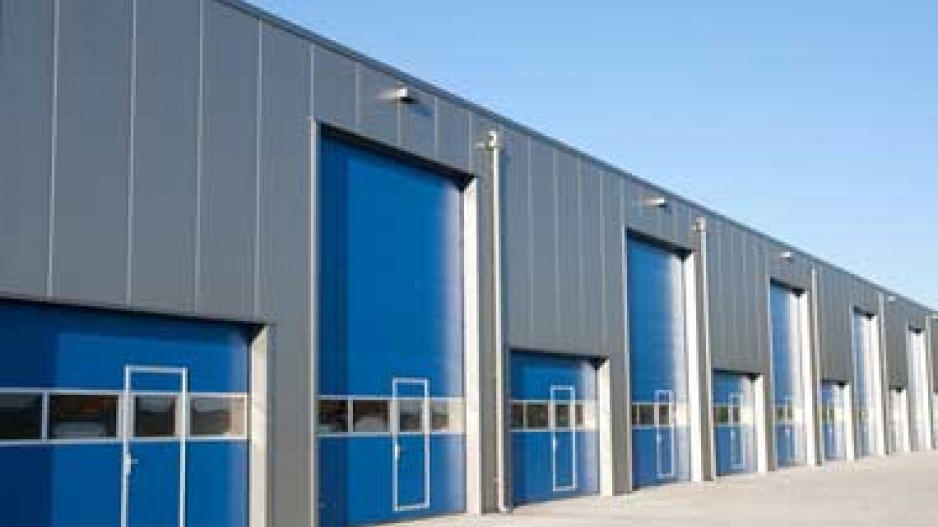The Vancouver region now represents the strongest industrial real estate market among Canada’s major cities, with the lowest vacancy rates and the highest demand curve in the country, and municipalities are raking in the cash from developers.
In the third quarter of this year alone, more than 2.4 million square feet of industrial space was leased or sold, double the pace of the previous quarter. There is more than 5.5 million square feet of new supply in the pipeline, much of it in Richmond where city fees can top $1 million for a standard 100,000-square-foot warehouse.
Across Metro Vancouver, the industrial vacancy rate is now 2.4%, down from 3.3% in the second quarter and lower than in Montreal (3.6%), Toronto (3.1%), Calgary (5.9%) or Edmonton (4.1%), according to a national survey by Colliers International. Metro Vancouver industrial lease rates remain a relative bargain in the west, however. At an average of $8.13 per square foot, they are lower than both major Alberta cities. But that could change. Already, prices for Metro Vancouver strata industrial are pushing a record $200 per square foot and leasing rates are expected to increase.
“[Metro] Vancouver’s manufacturing sector is experiencing strong growth due to increasing U.S. demand,” Colliers noted, forecasting that, even with the robust construction pace, “the industrial market is expected to tighten and witness falling vacancy rates and rising rental rates until new product comes online.”
Much of the new supply won’t be delivered until well into 2016 or early in 2017, the commercial agency noted.
The supply pressure is particularly acute in Coquitlam, where the industrial vacancy rate has fallen to 1.5% and in Burnaby, which is facing “an acute shortage” of both industrial space for sale and industrial land on which to build, according to Avison Young. Burnaby’s vacancy rate has plunged to a decade low of 2.8% and no new construction is underway.
Developers and owner-users have turned to Delta and Richmond, both of which are on track to set record levels of industrial sales and leasing this year. In Delta an estimated 3.5 million square feet of new industrial space is planned or under construction. Delta’s vacancy rate has fallen to 4.6%, down from 7% a year ago, Avison Young reports.
“Sustained low vacancy and heightened demand are starting to lead to increased upward pressure on rental rates throughout the region,” noted Avison Young principal Ryan Kerr of Vancouver, who specializes in industrial sales and leasing.
And development costs keep rising. Across Metro Vancouver, industrial developers are now paying $1.1 million to $1.6 million per acre and are also facing higher civic fees for everything from rezoning to building permit.
A recent survey of 18 suburban municipalities by NAIOP (the commercial and real estate development association of Metro Vancouver) found that all but four had increased their total rezoning, property taxes and development fees for industrial real estate this year from 2014. The most expensive municipality is Richmond, where total fees rang in at $1.1 million for NAIOP’s scenario of rezoning 5.5 acres of land and developing a 100,000-square-foot warehouse. In second-most-costly Vancouver, total fees increased 2.6% this year and the same building would attract total city fees of around $695,000. In North Vancouver, where total fees soared 96% from 2014, it would cost nearly $688,000.
Based on the NAIOP profile, its typical Metro Vancouver industrial warehouse would cost a developer about $7 million for land, $79,000 for construction and an average of nearly $500,000 in civic fees.




